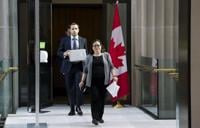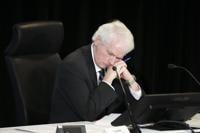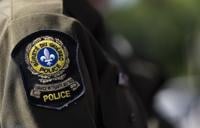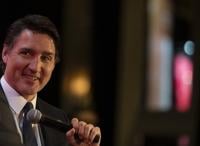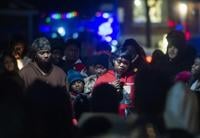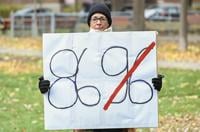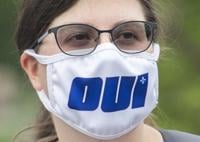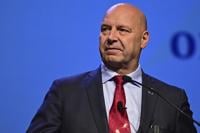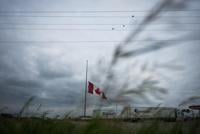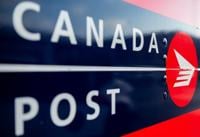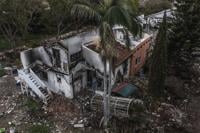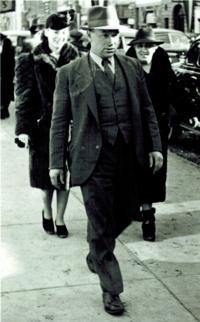OTTAWA - The ¥∫…´÷±≤• Civil Liberties Association says it fears the federal government will seek to keep some information from becoming public during an inquiry into the unprecedented use of the Emergencies Act.
Cara Zwibel, a lawyer with the group, said she has questions about what is being submitted as evidence.
"I do have concerns about the level of transparency that the federal government has been displaying through this process," she said. "That's a problem in terms of not being forthright with Parliament, and not being forthcoming with the ¥∫…´÷±≤• public."
Prime Minister Justin Trudeau's government triggered the Emergencies Act on Feb. 14, a week after protesters first blockaded the Detroit-Windsor Ambassador Bridge and several weeks into what he called the "illegal occupation" of downtown Ottawa by anti-lockdown protesters and their vehicles.
It was the first time a government invoked the law since it passed in 1988.
The temporary measures under the act gave authorities greater leeway to make arrests, impose fines, tow vehicles and freeze assets.
Trudeau revoked the emergency declaration Feb. 23, two days after the NDP joined the Liberals in a House of Commons motion affirming his government's choice to use the exceptional powers.
The inquiry and a special parliamentary committee are required under the Emergencies Act to scrutinize the government's decision-making.
MPs and Senators on the joint committee have expressed frustration with the testimony of Liberal ministers, the director of CSIS and others.
Justice Minister David Lametti repeatedly prefaced his responses to questions from committee members in April by saying he "would not betray cabinet confidence" or that he was bound by solicitor-client privilege.
Deputy Prime Minister Chrystia Freeland's appearance before the committee in June was, in her own words, "adversarial" at times. Several members accused her of not answering questions, being evasive, and of not bringing any new information.
The commission said in June that the government committed to the extraordinary step of providing "all the inputs that were before cabinet" when it declared the emergency, but Commissioner Paul Rouleau has not said whether he will release that information publicly.
Zwibel and others are raising concerns that some documents could be held back from the public by different levels of government, citing confidentiality or national security risks.
"We will have questions about whether the government is being forthcoming, about whether the evidence is going to allow the kind of transparency that we think is required," she said.
Key participants in the inquiry, including CSIS and the Ontario government, were still filing documents with the commission throughout the day Wednesday.
They are among five dozen witnesses who are set to testify, including Trudeau and other ministers, police services and "Freedom Convoy" organizers.
Adding to transparency concerns is the time the inquiry has to complete its work. The commission is mandated to provide a final report to Parliament by Feb. 20, 2023.
"They have a very ambitious schedule," said Zwibel. "There's a lot of witnesses they want to hear from there are a lot of documents to get through."
This report by ¥∫…´÷±≤•was first published Oct. 12, 2022.


